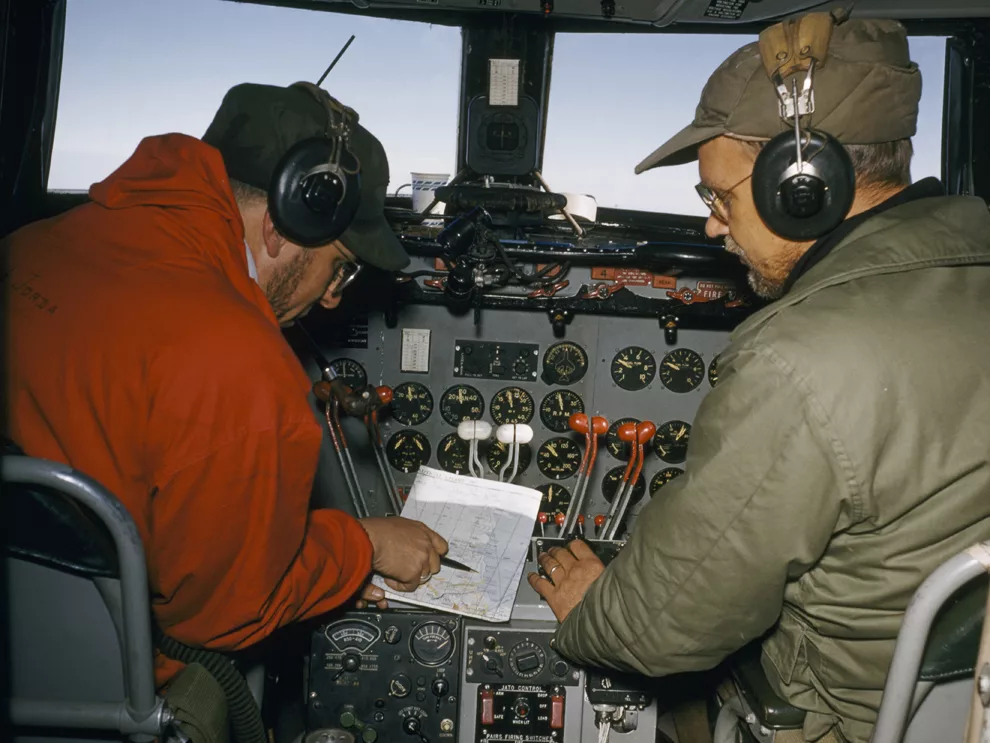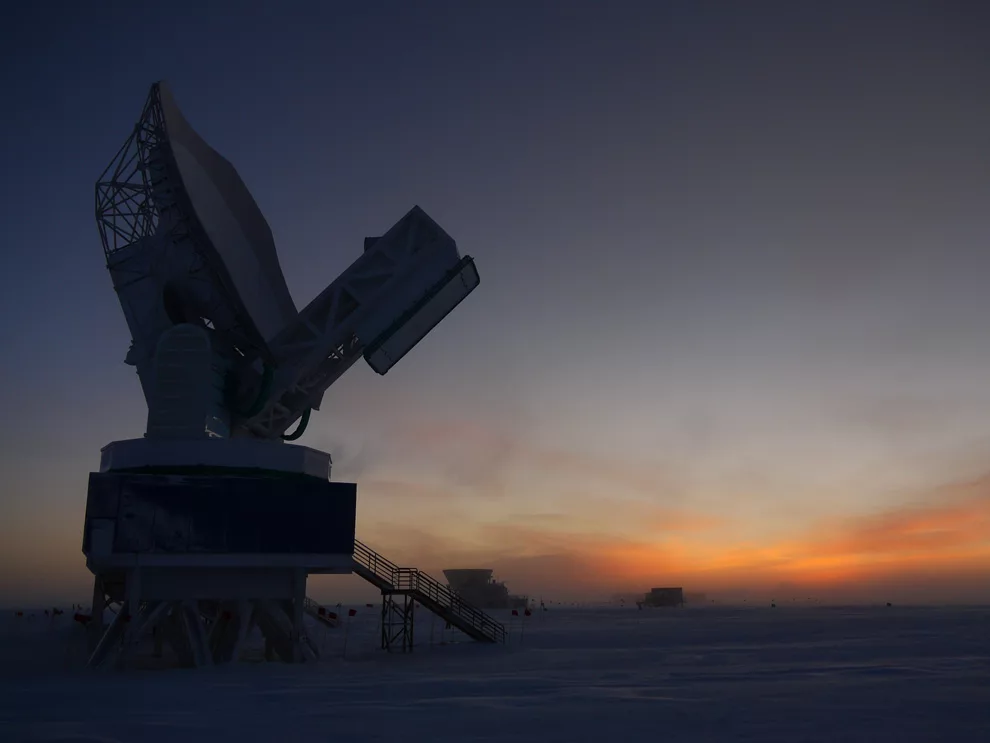
In fact, travel to Antarctica is not generally prohibited. But there are a number of challenges and difficulties that anyone wishing to travel to this remote and harsh region must face.
One of the most prominent challenges facing a traveler to Antarctica
- Extreme weather conditions: Antarctica’s climate is frigid, and snowstorms are common. Temperatures are very low, and climatic factors may make traveling and living there impossible.
- Isolation: Antarctica is a very remote and inaccessible area. This means that anyone going there needs to plan their return well and ensure they have all the necessary supplies to stay for the long haul.
- Scarcity of resources: Antarctica is not a place where you can rely on local resources. Everything crucial to survival must be provided there; it’s quite a challenge.
- Impact on the environment: Antarctica is a sensitive environment, and any human activity could have a significant impact on the ecosystem there. Therefore, visitors must be responsible and adhere to the principles and laws to conserve nature.
- Health and Medical Challenges: Providing health care in remote areas is very difficult, especially in sudden situations. At the South Pole, it’s impossible to get urgent health care. The nature of the area and the weather conditions increase the possibility of requiring health assistance.
Despite these challenges, some research expeditions and specialized explorers travel to Antarctica with the aim of studying the environment, climate change, and basic scientific research. If you are considering traveling to this region, good planning and comprehensive preparation are essential to ensure your safety and the success of your trip.
How can I travel there?

- Planning: Before you begin your trip, you should do detailed planning for every trip. Transportation, accommodations, necessary supplies, tools, appropriate clothing, health insurance, and permits
- Visas and Permits: Permits depend on nationality and the purpose of the visit. You should check visa and permit requirements with the relevant authorities before traveling.
- Transportation: Antarctica can usually be reached via planes that land at research stations or temporary camps in the region. There are rare tourist trips as well, but they are often expensive and require advance planning.
- Accommodation: You will need to arrange your accommodation in the area. Whether you plan to stay at research stations or temporary camps, This requires planning and reservations, if possible.
- Equipment: Make sure you carry everything you need to survive in this harsh environment. Warm clothes, survival equipment, food, and basic tools are a must.
- Health and Safety: You should be aware of the potential health challenges in this environment and carry the necessary medications and medical equipment with you.
- Environment and Sustainability: Respect the environment and leave as little impact as possible on the ecosystem. Follow the rules of sustainability and environmental conservation during your visit.
- Local Information: Seek information from reliable sources about weather conditions, possible places to visit, and expected challenges. Contact the relevant authorities in the region to obtain directions and advice.
Finally, you should be aware that traveling to Antarctica requires great preparation and careful planning to overcome the challenges mentioned above.
Who are the authorities authorized to issue travel permits to Antarctica?

The authorities responsible for granting travel permits to Antarctica vary depending on the purpose of your visit and the activity you will be doing there. There are several entities involved in managing and organizing travel to Antarctica, including:
- Research institutes and scientific bodies: There are many scientific research stations in Antarctica, run by research institutions and universities from various countries of the world. These institutions may have special permits for researchers and scientific teams who wish to conduct research in this area.
- National Governments: National Antarctic governments may grant travel permits. These permits may be necessary for any activity, whether scientific or touristic.
- International bodies and organizations: There are international organizations that coordinate and supervise activities in Antarctica, such as international research institutes and the Antarctic Convention. These organizations may have a role in organizing and monitoring travel to the region.
- Specialized tourism agencies: Although tourist travel to Antarctica is rare, there are some specialized tourism agencies that may offer limited and rare trips to this region. These agencies may deal with the relevant authorities to obtain the necessary permits.
Note that this information may vary based on ongoing developments and new regulations that may be issued by the relevant authorities. Before traveling to Antarctica, you should check current requirements from responsible authorities and reliable sources.
What national governments are concerned with Antarctica?

Antarctica does not belong to any particular country, and there is no direct national government responsible for it. Instead, several states have rights and interests in and around the Antarctic region, and these states participate in regulating activities and research in the region through international agreements. The main agreement relating to Antarctica is the Antarctic Convention.
Countries that participate in the Antarctic Convention and have interests in the region include:
- Argentina
- Australia
- Chile
- France
- New Zealand
- Norway
- United Kingdom
- United State
These countries work together under the Antarctic Convention and other international agreements related to the region to preserve the environment and regulate human activities, whether for research or tourism purposes. There is international interest in preserving this important area from an environmental and scientific standpoint, and these countries are cooperating in coordination and cooperation to achieve these goals.
It is worth noting that this information is based on my knowledge up to the cut-off date of September 2021, and there may be developments or changes since then.
How much does it cost to travel there?
The cost of traveling to Antarctica varies greatly based on many factors, including the time you intend to spend there, the means you use to reach the area, the activities you wish to do during your stay, and the level of comfort and services you wish to receive.
For rare research and tourist trips, the cost can be very high due to the harsh conditions and special requirements of these trips. The cost of traveling to Antarctica may include:
Airfare cost: Travel to the area can be by private aircraft or by aircraft of research institutions, and this can greatly affect the overall cost.
Accommodation cost: If you have accommodation options in scientific research stations or temporary camps, the cost may be high due to reliance on external supplies and special equipment.
Survival equipment and special clothing: You will need warm clothing and equipment to survive in extreme conditions, and this may add to the cost.
Trip insurance and health care: The cost of trip insurance and obtaining the necessary health coverage in a remote and difficult-to-reach area may be high.
Special Equipment: If you want to do specific activities, such as dog sledding or kayaking, you may need to rent or purchase equipment.
In general, it is important that you conduct careful research and contact relevant companies and organizations to get an accurate estimate of the cost of traveling to Antarctica. You should be prepared for these trips to be expensive due to the unique challenges of the area.






-390x220.jpg)